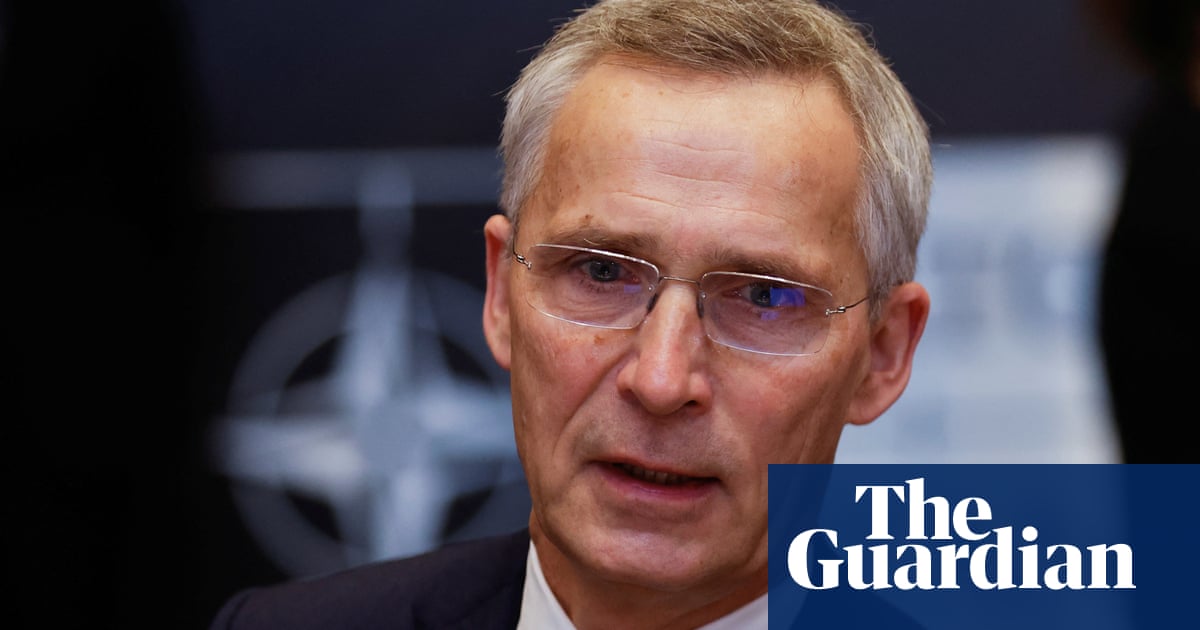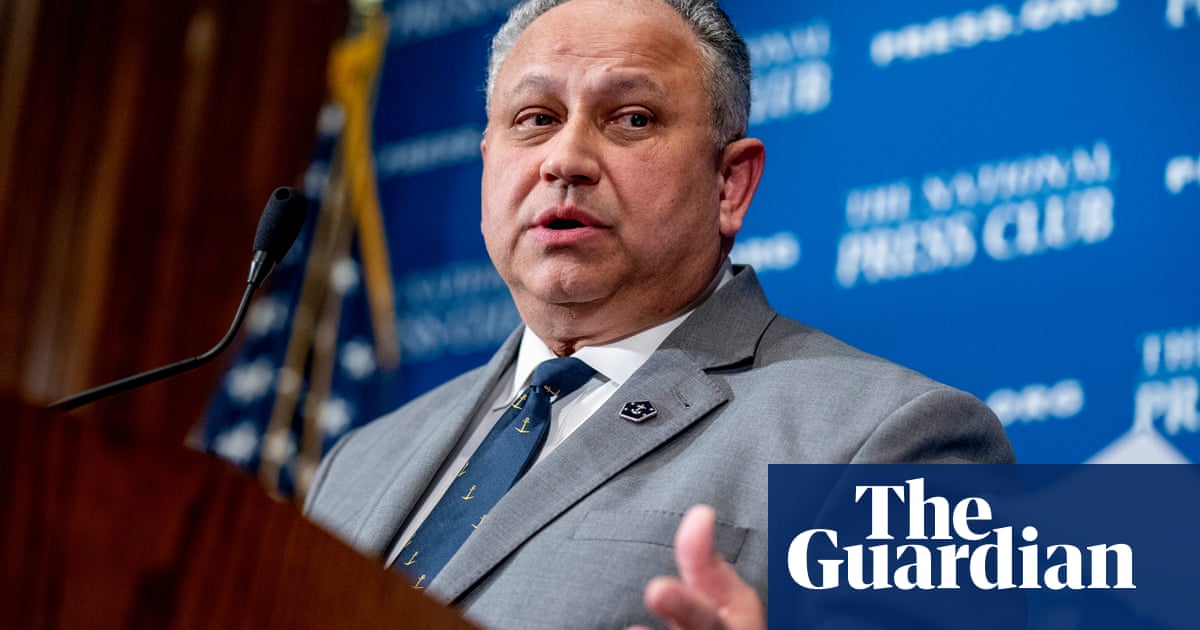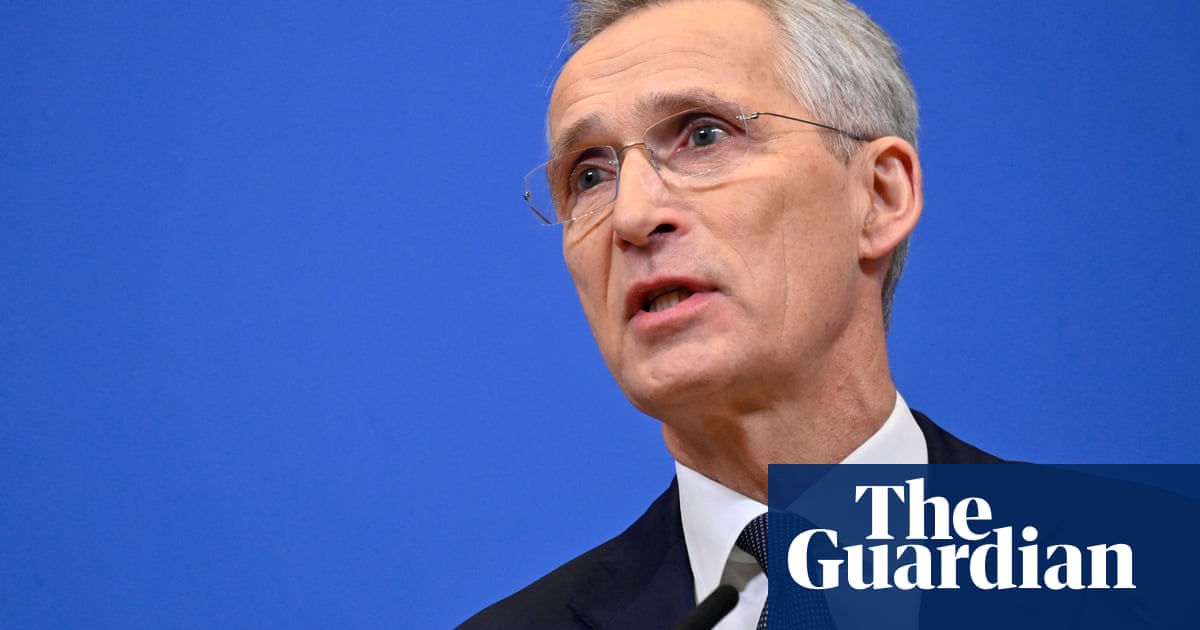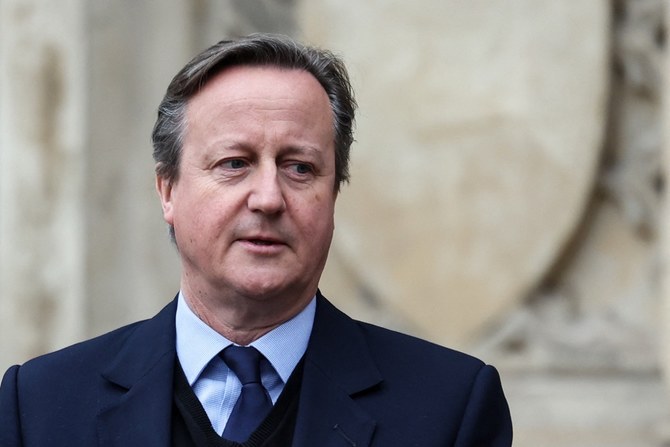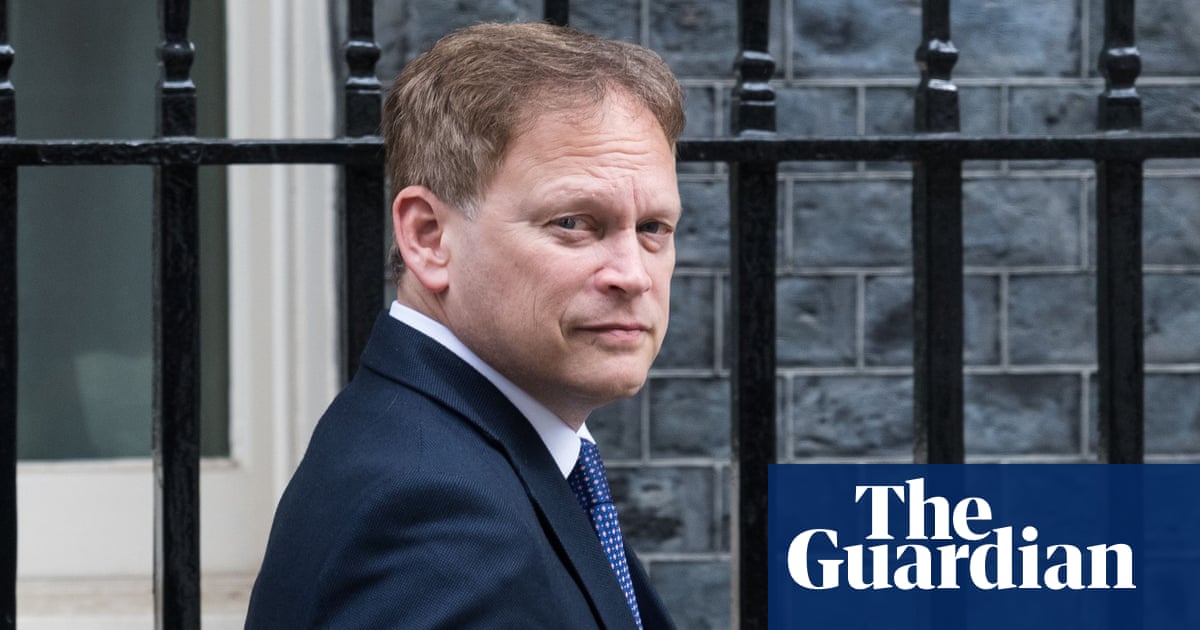
All Nato countries should boost their defence spending to 2.5% of their GDP to meet the demands of a “more dangerous world”, the UK’s defence secretary has said.
Grant Shapps said the prime minister would make the case at Nato’s 75th anniversary summit in Washington DC this summer, after accepting that while the UK was the biggest spender on defence in real terms in Europe, Poland, Greece, Estonia and Hungary all spent more as a proportion of GDP.
Shapps told Sky News on Wednesday: “We’re now saying we think that should be 2.5%. We think in a more dangerous world that would make sense.”
He added: “I will be arguing that, and I know that the prime minister feels strongly about it, when we go to the Nato 75th anniversary summit, which is in Washington DC.”
Sunak revealed plans to increase Britain’s defence budget to 2.5% on Tuesday during a trip to Warsaw after months of pressure from his own side, including from three former Conservative defence secretaries, to increase defence spending to 3% of GDP.
The prime minister changed tack, seemingly as the election looms, in an apparent attempt to seek the favour of his MPs, after previously committing to the Nato 2% minimum, which was below the figure Boris Johnson had proposed in June 2022.
In a speech on Tuesday alongside the Nato secretary general, Jens Stoltenberg, Sunak warned of the threats to the UK. “In a world that is the most dangerous it has been since the end of the cold war, we cannot be complacent. As our adversaries align, we must do more to defend our country, our interests and our values,” Sunak said.
The prime minister said the plan was fully funded, moving from an aspiration to spend 2.5% by an unspecified date to a costed commitment to do so in 2030.
On Wednesday, Shapps said the spending announcement did not change plans on when the election would be, as he told the BBC Breakfast programme, “the election will be in the second half of the year”.
The minister stressed the announcement had been made now because “economic conditions have started to allow” this increase but he struggled to explain how the boost in spending would be funded.
“We’re simply saying that defence of the realm is the absolute number one priority; it comes before everything else and if we don’t defend the nation, then everything else becomes slightly less of an issue,” Shapps said after noting it was “reasonable” to cut 72,000 civil service jobs.
When it was suggested on Nick Ferrari’s LBC programme that this would not fully fund the increase in defence spending, Shapps said: “No, but it will pay for a large chunk.
“We’re making other changes to the way that for example we use our research and development budgets … you can imagine getting this past not just the chancellor but essentially two chancellors because the prime minister has said every penny of it has to be properly accounted for.”
Labour has vowed to launch a strategic defence review to assess threats to the UK in its first year if it took office, to understand the resources required to meet the threats facing the UK and has committed to a 2.5% target when finances allow. The shadow attorney general, Emily Thornberry, did not say the UK was “on a war footing” but instead noted “we are under much greater threat and those threats have changed”, speaking on BBC’s Radio 4 Today programme.
It is clear the Conservatives will seek to make defence a dividing line with Labour in the general election, as Shapps said he was “very disappointed” by their response.






